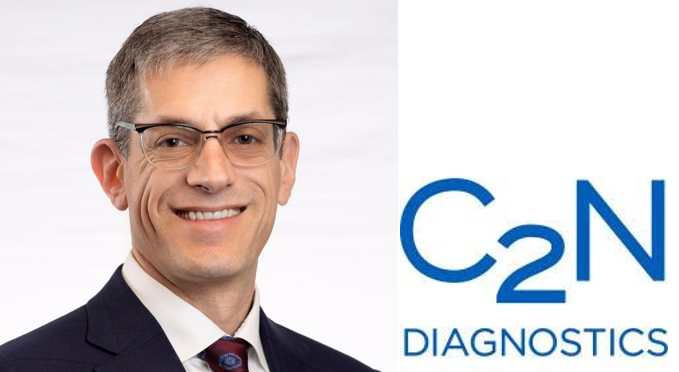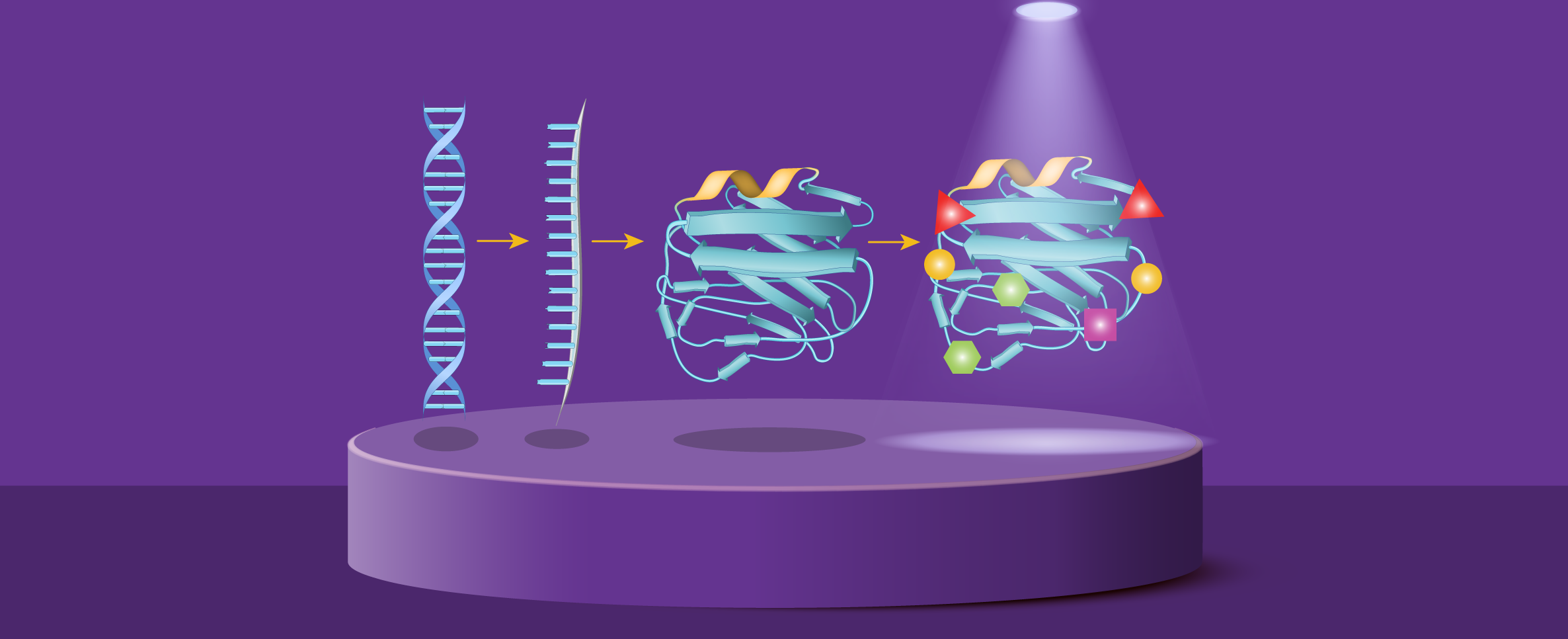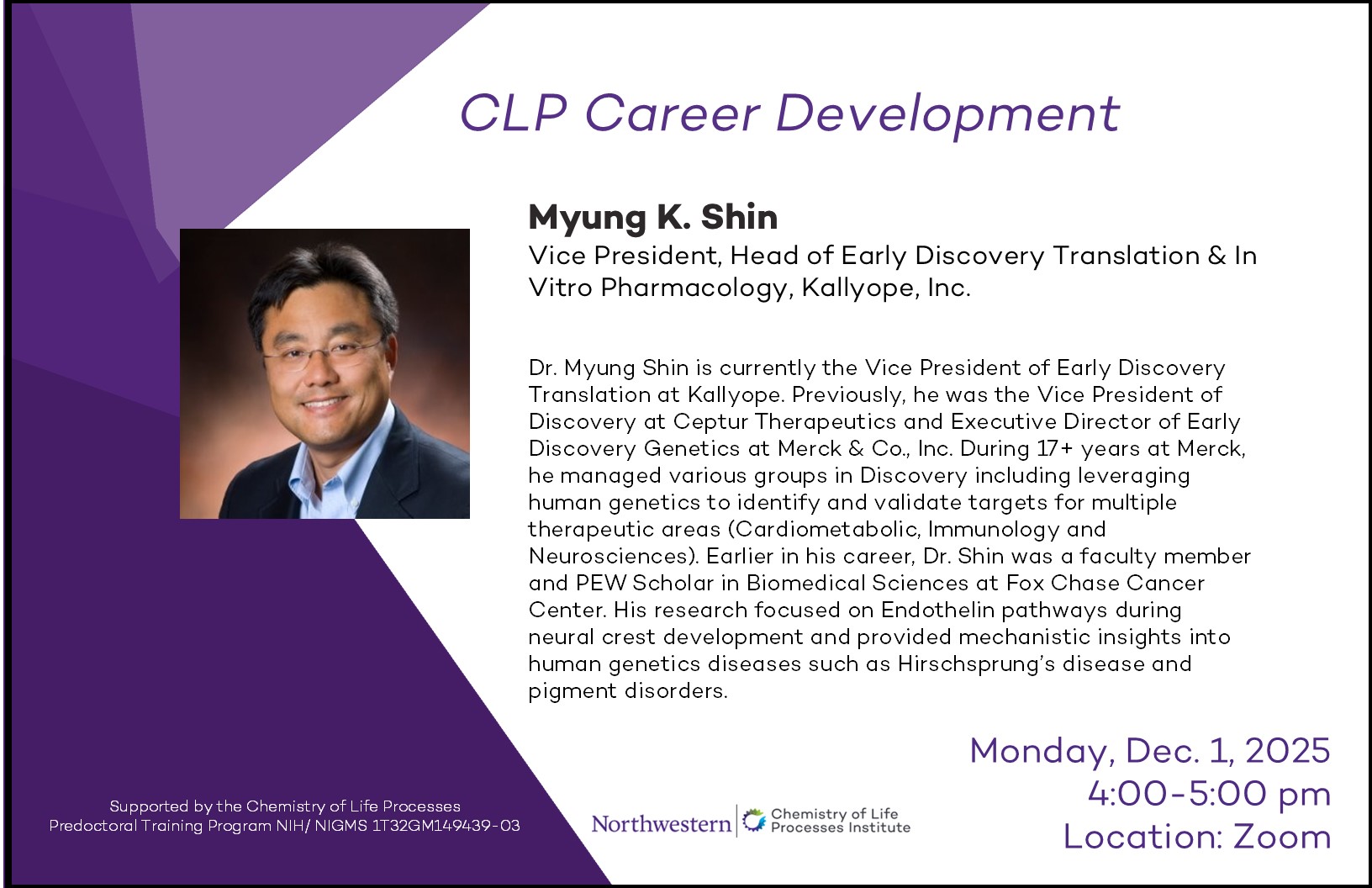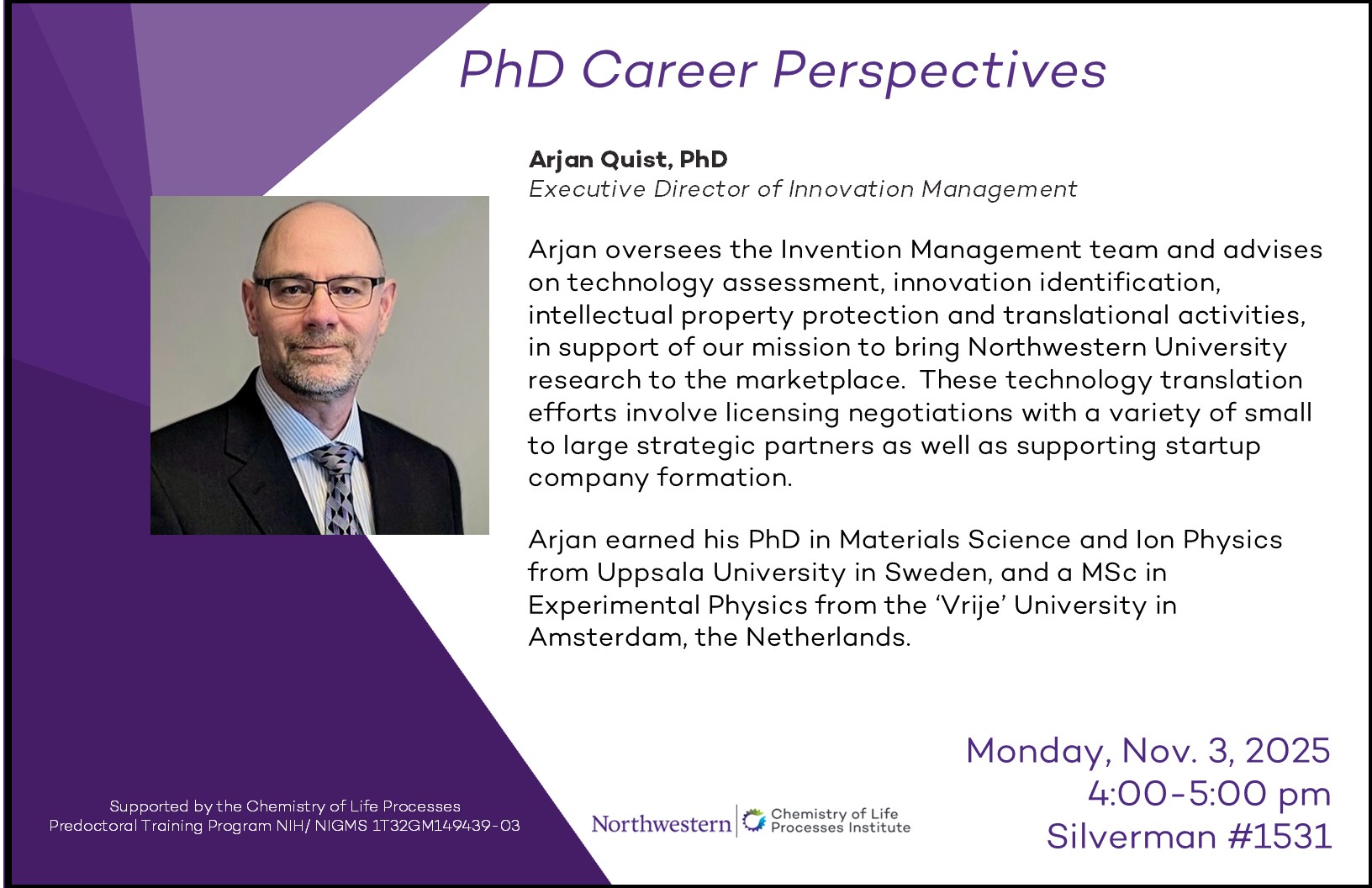Pioneering a New Era
of Precision Medicine
The Chemistry of Life Processes Institute at Northwestern is revolutionizing precision medicine by unraveling the secrets of human proteins—key drivers of health and disease. Proteins are the workhorses of the cell and their malfunction often initiates disorders like cancer and Alzheimer’s. Yet, most of the complex forms of proteins in our bodies remain unexplored because they are extraordinarily difficult to detect and characterize. CLP is a nexus for protein-informed drug and diagnostic development where researchers and clinicians work together to crack the mystery of proteins for the benefit of all.
Research
The Power of Human Proteins.
CLP uses exact knowledge of proteins to find new cures to create more accurate diagnostics and discover ultra-precise drugs for cancer, neurodegenerative disease and other disorders.
faculty
Working across disciplines to advance human health.
CLP researchers, drug developers and clinicians apply advanced protein-informed methods and technologies to uncover more precise targets, earlier and less invasive diagnostic tests, and more promising treatments for intractable diseases.
students
Preparing tomorrow’s biomedical innovators.
CLP offers unmatched research opportunities for students. Our trainees are among the best and brightest in the world.
Stay in touch.
Stay connected to CLP news, stories and events and sign up to receive our emails and newsletter.







